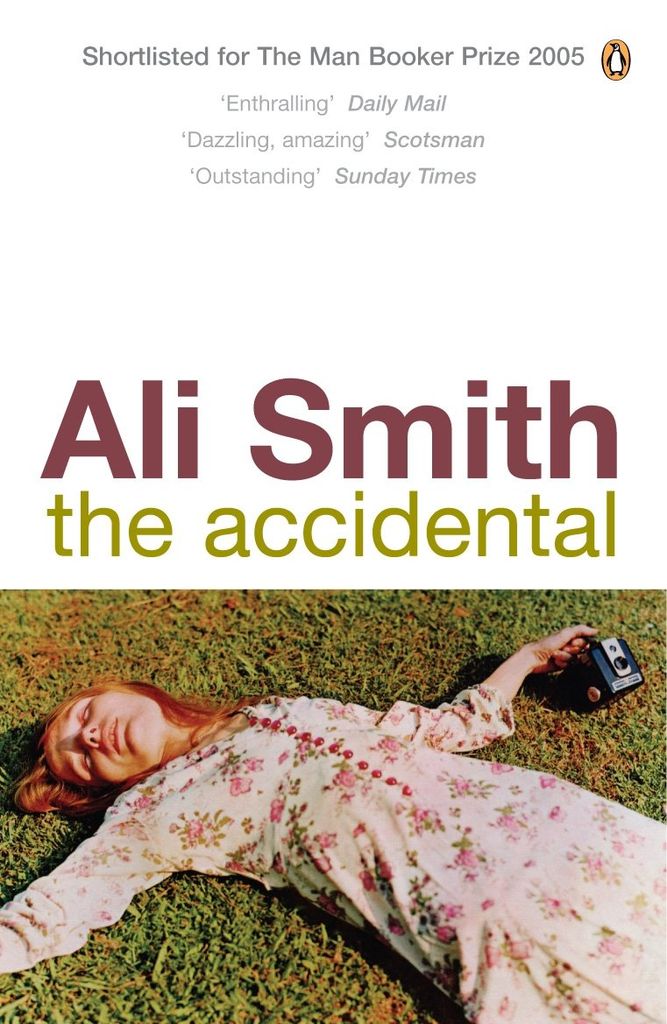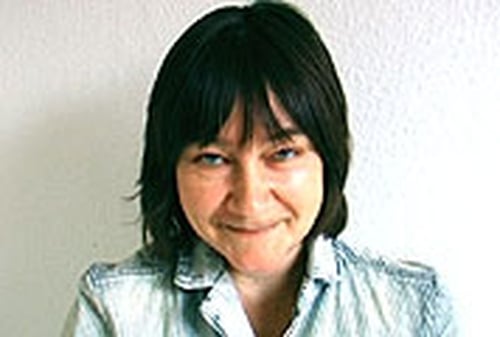
This is one of the first sentences of Ali Smith's second novel, Hotel World, pronounced by the ghost of a young woman, Sara Wilby, who has fallen to her death by climbing into the dumb waiter of the hotel where she was working. When Eve finally banishes her from the cottage, Amber disappears from their sight, but not-they discover when they return home to London-from their profoundly altered lives.įearlessly intelligent and written with an irresistible blend of lyricism and whimsy, "The Accidental" is a tour de force of literary improvisation that explores the nature of truth, the role of chance, and the transformative power of storytelling.1"Here's the story it starts at the end" (Smith 2001, 3). Instead, dazzled by her seeming exoticism, the Smarts begin to examine the accidents of their lives through the searing lens of Amber's perceptions.

Son Magnus, age seventeen, thinks she's an angel.Īs Amber insinuates herself into the family, the questions of who she is and how she's come to be there drop away. Daughter Astrid, age twelve, thinks she's her mother's friend.

Michael, an English professor, knows only that her car broke down.

She stays for dinner.Įve Smart, the author of a best-selling series of biographical reconstructions, thinks Amber is a student with whom her husband, Michael, is sleeping.

Jonathan Safran Foer has called her writing "thrilling." Jeanette Winterson has praised her for her "style, ideas, and punch." Here, in a novel at once profound, playful, and exhilaratingly inventive, she transfixes us with a portrait of a family unraveled by a mysterious visitor.Īmber-thirtysomething and barefoot-shows up at the door of the Norfolk cottage that the Smarts are renting for the summer. Winner of the Whitbread Award for best novel and a finalist for the Man Booker Prize, "The Accidental" is the virtuoso new novel by the singularly gifted Ali Smith.


 0 kommentar(er)
0 kommentar(er)
